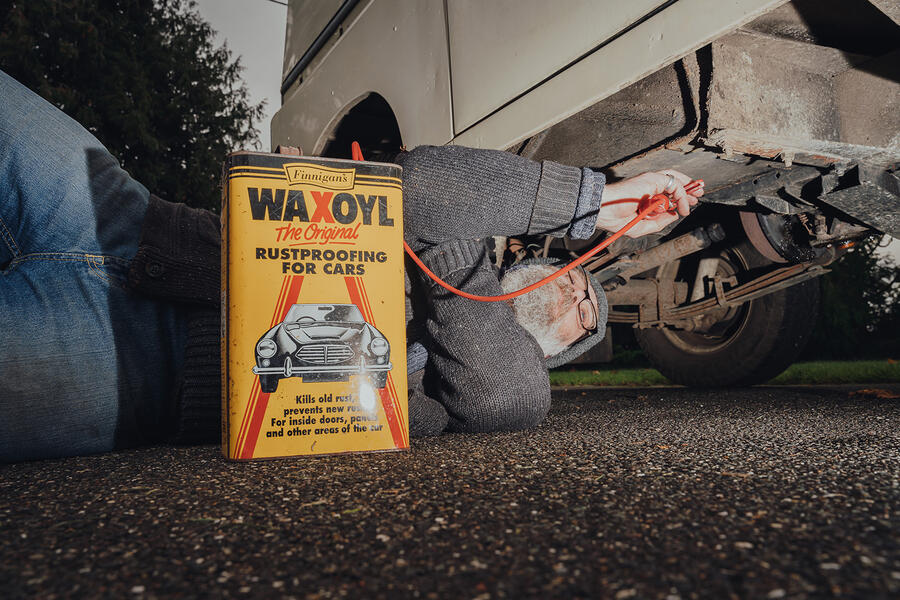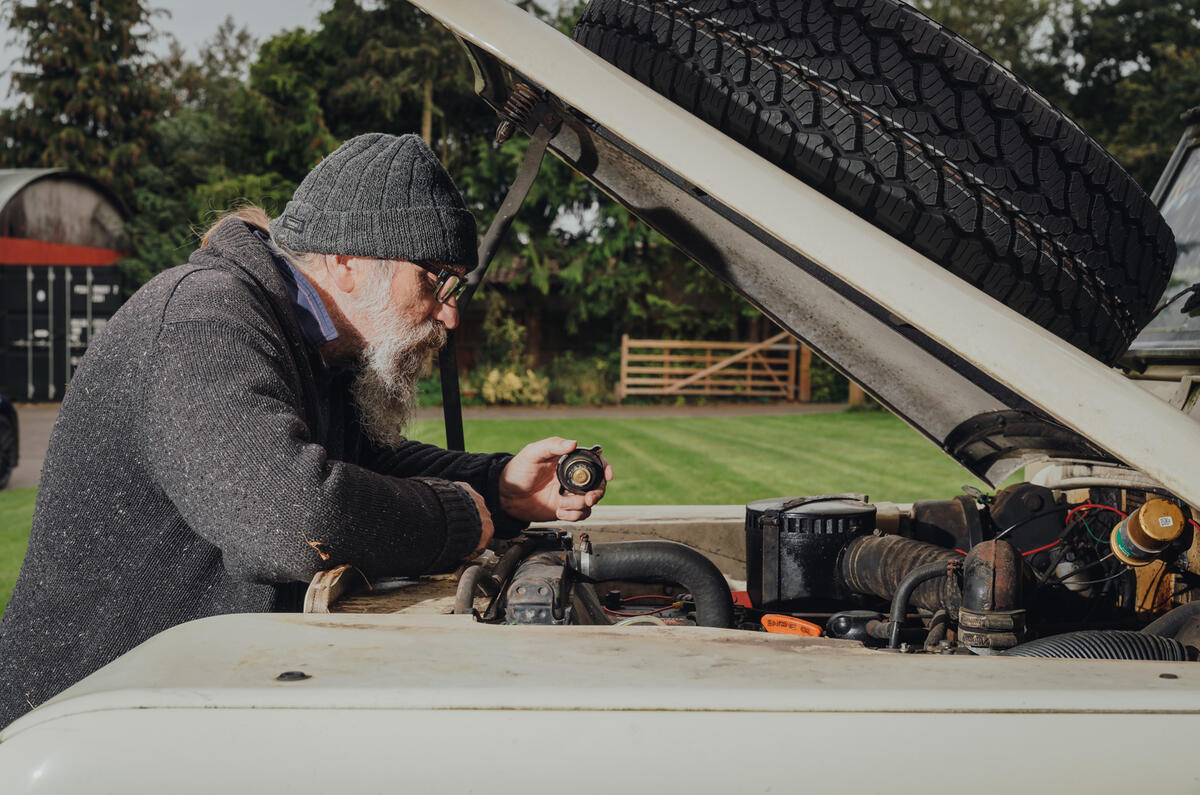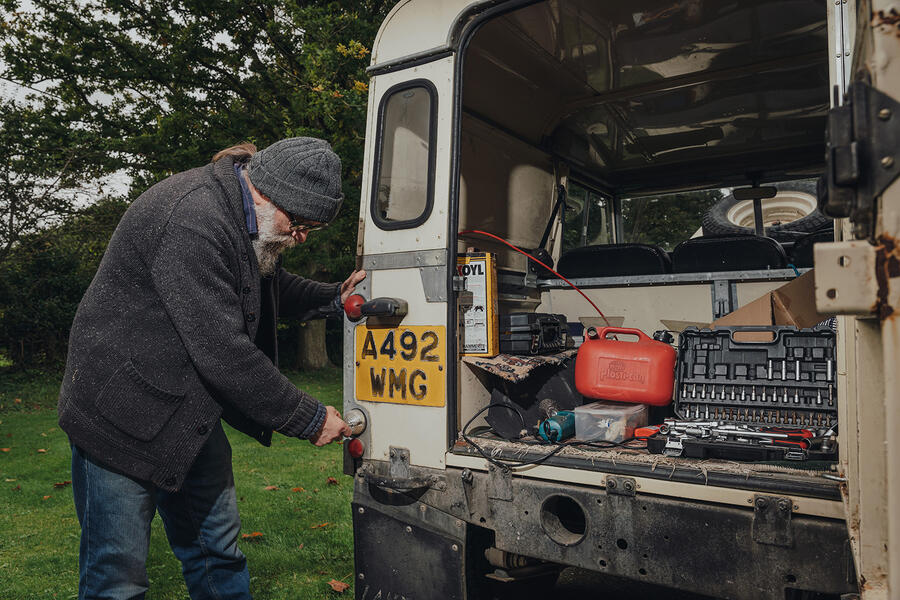Dogs aren't just for Christmas and cars aren't just for their lease period.
Well they certainly aren't for the purveyors of used bangers. But how long might a car last?
That can be down to you, because it genuinely is possible to future-proof a car and make it last at least until you find yourself in a care home. You’ll save a fortune in the meantime, too.
Obsolescence can come courtesy of legislation (see ULEZ) as much as an inability to find spares or mechanics with the skills to fix them, but there’s usually a way. Here, then, is how to make your car last longer – and how to pick the right one in the first place.
Which cars are future-proof?
The truth is your future-proofed motor won’t have to be a fusty old classic or riotously expensive bespoke creation that runs on carrot juice.
There is plenty of info out there. Take a good, hard look at reliability stats, such as the annual What Car? Reliability Survey; freedom of information requests aimed at the Driver and Vehicle Standards Agency reveal which cars routinely fail MOTs and why.
Talk to friends and family about their motoring experiences. Ideally you want a popular model in a low specification, and easy on the DIY.
Which engine is future-proof?
These days, the proliferation of low-emission zones can dictate which EU-rated engine you choose (6 diesel, 4 petrol).
If you’re playing the long game, it’s a close-run thing whether petrol or diesel is more reliable: both, if looked after, can do huge mileages. Certainly the view is that a petrol engine is less complex and simpler to fix than a modern diesel, and it more easily complies with later emissions regulations.
Alternative fuels
Synthetic fuels are expensive and supply is never guaranteed in our inevitable dystopian future.
Older diesels, or compression engines, can run on used chip oil, and there are lots of ethanol and other alternative bio alternatives.
You could distill alcohol and make petrol, but you’ll need a licence and to pay duty on it. Small details…
Should you use fuel additives?

Boosting fuel economy is a potential long-term benefit, but for the most part additives work as a preventative measure by reducing the crud built up in your engine.
That includes clogged fuel injectors, carbon build-up and reduced wear and tear. They can also tackle corrosion, boost catalytic converter efficiency, reduce oil sludge and prevent overheating.
All you have to lose is a bit of money.
How to maintain a car properly

Quite simply, oil is the lifeblood of your car, and it needs to be changed regularly for the best health.
Also, any regular maintenance you do is a great way of spotting problems early, which means less downtime so your future-proofed car will be more useful. Cleaning it once a week also helps to spot issues early.





Join the debate
Add your comment
I find it hard to relate to the idea that a combustion car is future proof. If you were suggesting converting a Land-Rover to electric, as many people are now doing, I would agree that this would future-proof it. But combustion technology is declining rapidly, with most R&D now going into electrification. Combustion is just not a long-term bet.
Recommending an MX5 when they've a reputation for outstanding rust is questionable. An old car with a large following and established parts supply - classic Mini, 2cv, Caterham, for example - is the way to go, along with Lotus or Audi A8 for rust resistant construction.